Pictured when he was a 'model employee' working in Kuwait
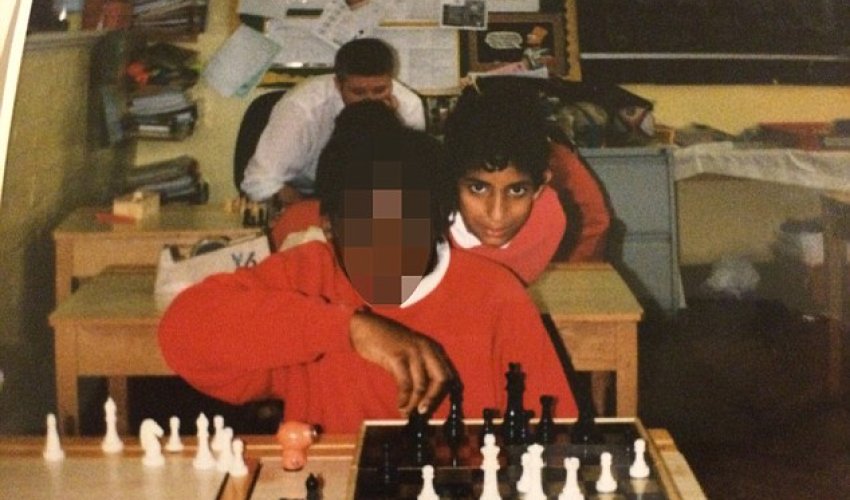
A new image has emerged of the Islamic State's depraved executioner in chief 'Jihadi John' taken from his time as a computer engineer in Kuwait before he joined the bloodthirsty terror group.
The 26-year-old militant, whose real name is Mohammed Emwazi, was described as 'calm and decent' and 'the best employee we ever had' by his employer at an IT firm in the Gulf State.
Enwazi travelled to Kuwait aged 21 and found work at the unnamed company by turning up at their front door one day brandishing his CV. Described as 'earnest' but unsmiling, the soon-to-be killer left Kuwait abruptly in 2010 and returned to London, before eventually fleeing to Syria in 2013.
The new image of Emwazi during his time as an IT worker in Kuwait shows him with a thick black beard and wearing the traditional red and white Arabic headscarf commonly seen in the Gulf state.
Speaking to the Guardian newspaper, his then boss at the unnamed IT company described him as 'the best employee we ever had'.
'He was very good with people. Calm and decent,' he added.
'He came to our door and gave us his CV. How could someone as calm and quiet as him become like the man who we saw on the news?
'It's just not logical that he could be this guy. I have no answers for this. He wasn't sociable. He was always earnest... He didn't smile. But he wasn't bad.'
He said Emwazi left the company when he returned to England abruptly in 2010, adding: 'Maybe he fell into the wrong hands when he went back.'
The image emerged as an ISIS defector described Emwazi as a cold loner who distances himself from other militants in Syria and doesn't talk much.
A former member of the fanatical group said Emwazi struck him as odd when he first met him in the war-torn country in 2013.
Abu Ayman, who is in his 20s, lived in Atmeh, a town in northern Syria, where he first came across the now-imfamous ISIS executioner
He said he would often visit the house where the British fighters lived and although they were all friendly, Emwazi was always quiet.
Speaking to the BBC he said: 'He was cold. He didn't talk much. He wouldn't join us in prayer. He'd only pray with his friends. … the other British brothers prayed with us, but he was strange.
'The other British brothers would say 'hi' when they saw us on the road, but he turned his face away.
'The British fighters were always hanging out together, but he wouldn't join them.'
Mr Ayman, who says he left ISIS after being ordered to murder women and children, spoke of how the terror group have professional psychologists, who pick which fighters should be made famous in beheading videos.
He also revealed how many of the fighters loved 'Jihadi John' but he believed he was being used to only attract Muslims in Europe to the cause, with ISIS 'playing him like a piano'.
It also emerged today that Emwazi was bullied as a schoolboy at Quintin Kynaston Academy in St John's Wood, north London.
Former headteacher Jo Shuter told Radio 4's Today programme: 'He had adolescent issues. Particularly at that age, for the boys, it is a time when the hormones start raging, and he had some issues with being bullied which we dealt with.
'By the time he got into the sixth-form he was, to all intents and purposes, a hard-working aspirational young man who went on to the university that he wanted to go to.
Ms Shuter added: 'He wasn't a huge concern to us. He wasn't a particularly sociable young man, he didn't have a huge group of friends.'
She insisted teachers at the school had no knowledge of students being radicalised.
She said: 'I can't even begin to say the shock and horror I feel. Even now when I'm listening to the news and I hear his name it makes the skin on the back of my neck stand up.
On Thursday, Asim Qureshi, director of campaign group Cage and a former confidante of Emwazi, also described how he got to know the 'beautiful young man' after he complained of harassment from MI5 before leaving for Syria.
The claims come amid continuing arguments over the role security services and authorities have in allowing a potential terrorist suspect to slip through the net and fall into the clutches of extremists.
Kuwait-born Londoner Emwazi had been pinpointed as a potential terrorist by the British authorities but was nonetheless able to travel to Syria in 2013 and join the group responsible for the murder of several Western hostages.
Former independent reviewer of government anti-terror laws Lord Carlile said there was a 'realistic prospect' Emwazi might have been prevented from joining up with ISIS had restrictions on suspects not been relaxed.
Meanwhile shadow home secretary Yvette Cooper claimed the security services' hands were tied for nearly five years by Theresa May's 'wrong' decision to scrap powers to move terror suspects away from their networks.
Relocation powers have been reintroduced by the coalition this year but Ms Cooper called for the security services to immediately brief the Intelligence and Security Committee on how the loss of the measures might have affected their work.
'The fact that Theresa May could take the decision to remove those relocation powers against all that expert advice, against the arguments that were made in Parliament, I think was the wrong thing to do,' she told BBC1's Andrew Marr Show.
'We do need to know more about whether that has increased the risk as a result, about what difference it's made to some of these very serious cases.
'I think the Intelligence and Security Committee needs to be briefed immediately on the details of these cases and whether or not it could have been handled better if they had been able to be moved outside London.'
(dailymail.co.uk)
ANN.Az
Similar news
Similar news



























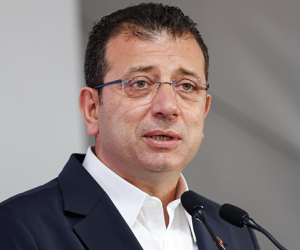
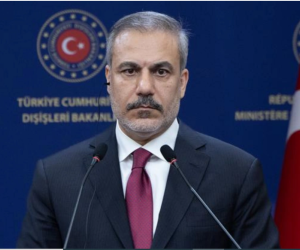


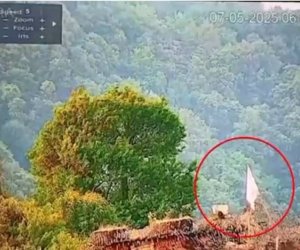
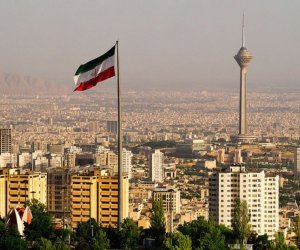



 Photo
Photo 



 Video
Video 

